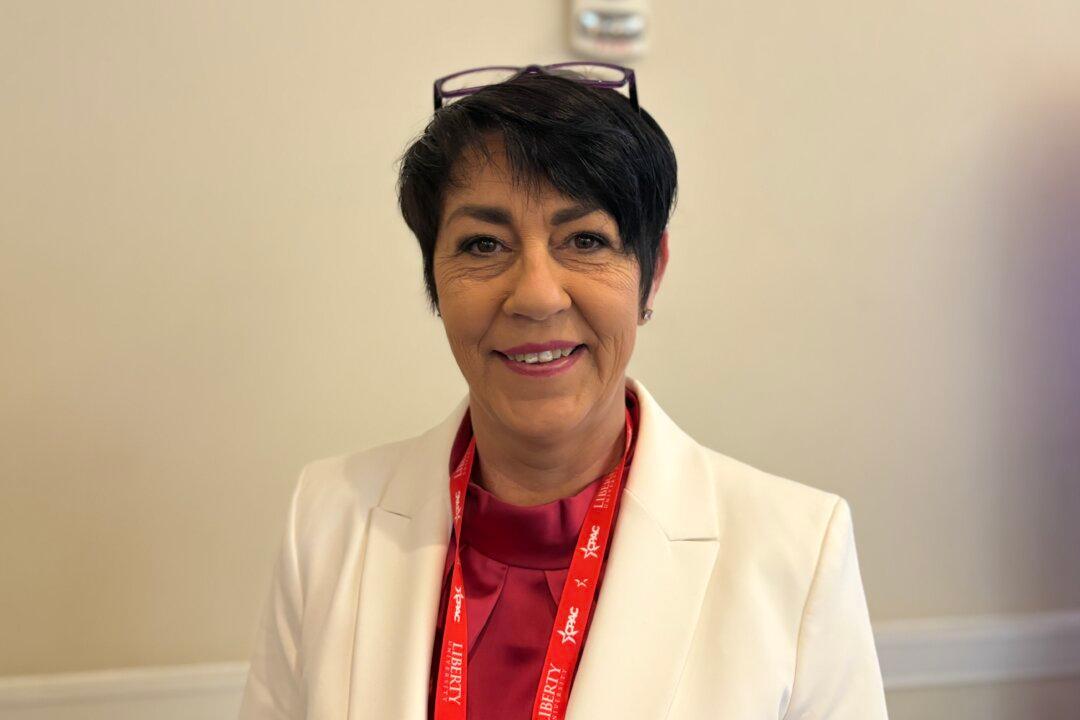OXON HILL, Md.—Christine Anderson, a member of the European Parliament from the Alternative for Germany (AfD) party, said she expects her right-leaning group to finish well in the Feb. 23 German federal elections.
Yet she had an important caveat.

OXON HILL, Md.—Christine Anderson, a member of the European Parliament from the Alternative for Germany (AfD) party, said she expects her right-leaning group to finish well in the Feb. 23 German federal elections.
Yet she had an important caveat.